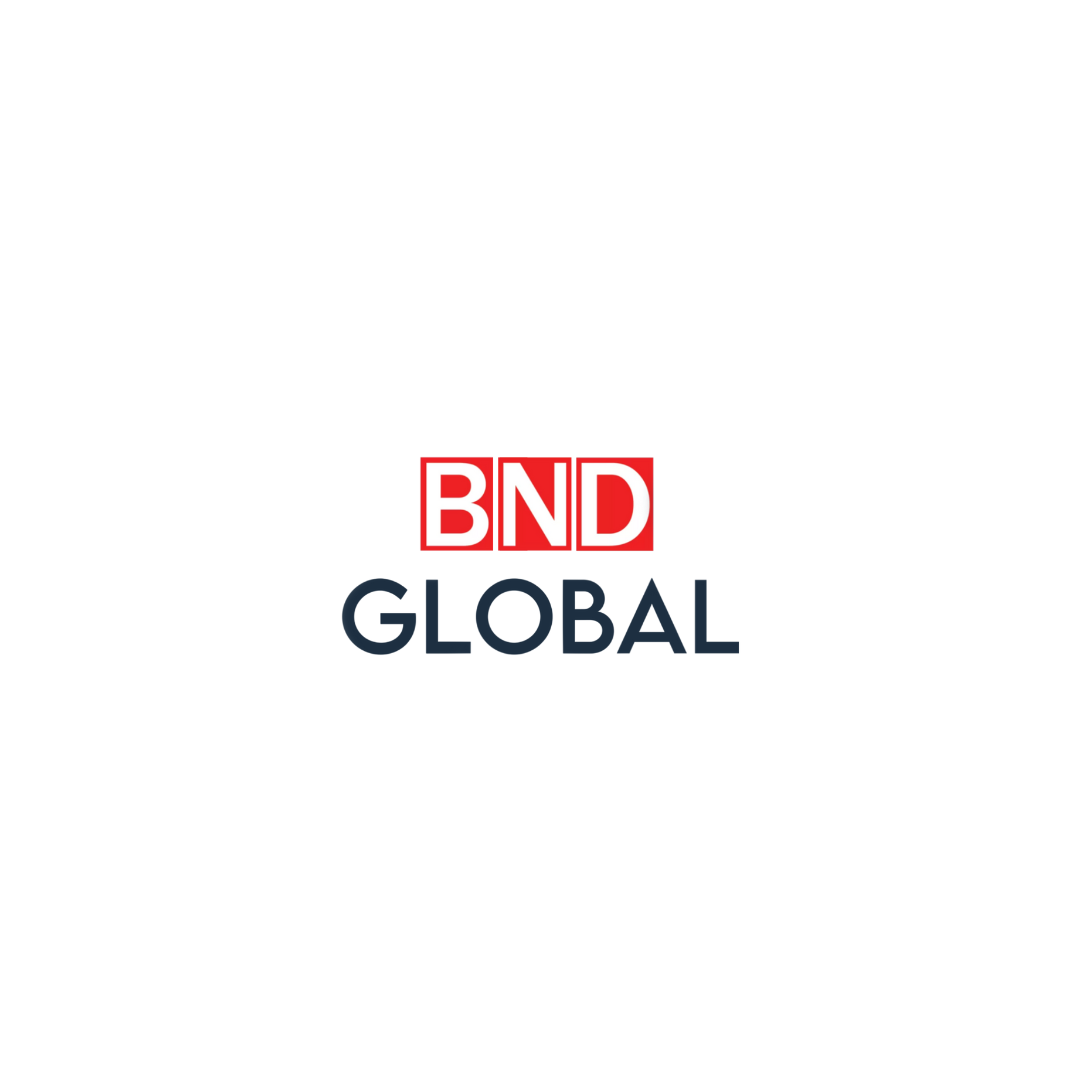
Are you facing challenges with debt collection in Turkiye? Navigating the complexities of debt collection legalities in Turkiye can be a daunting task. Understanding the local laws, cultural nuances, and economic factors that influence the debt collection process is crucial for successful debt recovery. In this comprehensive guide, we will explore the debt collection laws, practices, and strategies in Turkiye, equipping you with the knowledge and insights to navigate this intricate landscape effectively.
1. Introduction: Importance of Understanding Turkiye Debt Collection Laws
Successfully navigating the debt collection process in Turkiye requires a deep understanding of the local legal landscape. Turkiye’s legal system, influenced by the Execution and Bankruptcy Law and the Turkish Code of Obligations, sets the framework for debt collection procedures. Clear and detailed documentation is crucial to comply with Turkish legal standards and convey the seriousness of the creditor’s intent. Additionally, familiarity with Turkiye’s negotiation etiquette, emphasizing trust-building and personal relationships, can significantly impact the debt collection process.
2. Overview of Turkiye Debt Collection Laws
To effectively collect debts in Turkiye, it is essential to have a comprehensive understanding of the legal framework. Turkiye’s debt collection laws involve various key entities, including civil courts, enforcement offices, and regulatory authorities such as the Ministry of Justice, the Banking Regulation and Supervision Agency (BRSA), and the Capital Markets Board (CMB). The Execution and Bankruptcy Law and the Turkish Code of Obligations serve as fundamental legal bases for debt collection cases in Turkiye.
3. Debt Collection Process in Turkiye
The debt collection process in Turkiye typically involves filing a lawsuit in civil court to initiate legal proceedings. Once a judgment is obtained in favor of the creditor, enforcement proceedings are carried out by enforcement offices. These offices play a crucial role in the actual collection of debts by enforcing court decisions. The enforcement process includes asset tracing, seizure, and sale of the debtor’s assets to satisfy the debt. Adhering to the procedural requirements and timelines specified by Turkiye’s debt collection laws is essential for a successful debt recovery.
4. Debt Collection Agencies in Turkiye
Debt collection agencies in Turkiye serve as intermediaries between creditors and debtors, employing various strategies to ensure timely debt repayment. When selecting a debt collection agency, reputation, legal compliance, and specialization in your industry are crucial factors to consider. Understanding the agency’s fee structure and contract terms is essential to protect your rights as a creditor. Securing collateral, proper documentation, and utilizing guarantees and sureties can further strengthen your position as a creditor.
5. Case Studies: Successful Debt Collection in Turkiye
Let’s explore some real-life case studies that demonstrate successful debt collection in Turkiye. These cases highlight the challenges faced by creditors and the strategies employed to recover outstanding debts. One such case involves the collaboration between a creditor and Ibrahim Genc, a renowned debt recovery specialist in Turkiye. Through meticulous research, communication, and negotiation, Ibrahim and his team achieved a favorable outcome for the creditor, securing a settlement agreement that exceeded initial expectations.
6. Frequently Asked Questions (FAQs)
In this section, we address some frequently asked questions related to debt collection in Turkiye. We explore the impact of historical economic volatility on debt collection strategies, specific cultural considerations that debt collectors should be aware of, recent legislative changes and their implications, the role of alternative dispute resolution mechanisms, and the influence of emerging technologies like blockchain on debt verification processes.
7. The Impact of Historical Economic Volatility on Debt Collection Strategies in Turkiye
Historical economic volatility in Turkiye has necessitated adaptive debt collection strategies to navigate the ever-changing financial landscape. Debt collectors have had to evolve their approaches to accommodate economic fluctuations and ensure successful debt recovery. Understanding the impact of economic volatility on debt collection practices can help creditors tailor their strategies accordingly.
8. Cultural Considerations in Turkiye Debt Collection
Cultural considerations play a significant role in debt collection in Turkiye. Understanding the hierarchical structures within Turkish businesses, the significance of personal relationships, and the influence of religious holidays on financial behaviors can greatly impact the success of debt collection efforts. Adapting to the cultural nuances of Turkiye can establish rapport and facilitate effective communication with debtors.
9. Recent Legislative Changes and Their Impact on Debtors and Creditors in Turkiye
Recent legislative changes, including amendments to the execution and bankruptcy law, have reshaped the legal landscape for debtors and creditors in Turkiye. These changes impact the rights and obligations of both parties, requiring a comprehensive understanding of the evolving legal framework. Staying informed about these legislative developments is crucial for effective debt collection in Turkiye.
10. Alternative Dispute Resolution in Turkiye Debt Collection
Alternative dispute resolution mechanisms, such as mediation, arbitration, and negotiation, offer viable alternatives to lengthy and costly legal battles in debt collection cases. The Turkish judiciary recognizes the importance of alternative dispute resolution in resolving debt disputes efficiently. Engaging in alternative dispute resolution requires skilled negotiation tactics and a balanced approach to achieve amicable settlements and preserve business relationships.
11. The Influence of Emerging Technologies on Debt Verification in Turkiye
Emerging technologies, such as blockchain, have the potential to revolutionize debt verification processes in Turkiye. Blockchain technology enhances security and transparency, addressing long-standing challenges in verifying debt. While the adoption of these technologies is still in its early stages, the implications for debt collection in Turkiye are significant.
12. Conclusion: Effective Strategies for Debt Collection in Turkiye
Navigating the complexities of debt collection in Turkiye requires a multifaceted approach. By understanding the legal landscape, cultural considerations, recent legislative changes, and the influence of emerging technologies, creditors can enhance their strategies for successful debt recovery. Seeking professional guidance, staying informed about industry developments, and adapting to the evolving landscape are key to achieving debt collection objectives in Turkiye.
Remember, effective debt collection in Turkiye requires expertise and a comprehensive understanding of the legal and cultural landscape. By leveraging the insights and strategies outlined in this guide, you can position yourself for success in the intricate field of debt collection in Turkiye.
Contact BND Global today to learn how our debt collection specialists can assist you with navigating the debt collection process in Turkiye.
Disclaimer: This article is for informational purposes only and should not be construed as legal advice. For specific guidance on debt collection in Turkiye, consult with legal professionals familiar with Turkiye’s debt collection laws.








